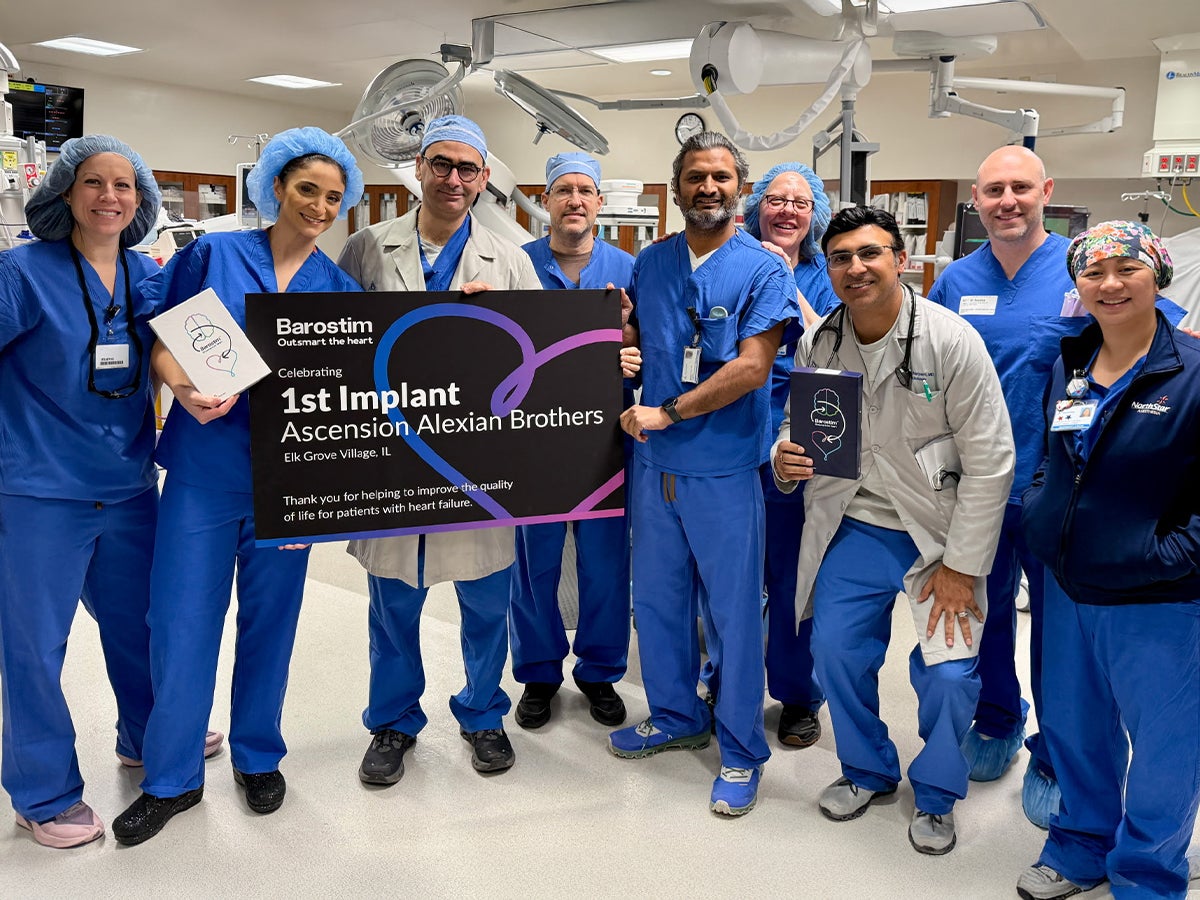You can have coronary heart disease and not even know it. It’s called silent ischemia, also known as a silent heart attack, because patients often do not exhibit any signs or symptoms of a heart attack..
It happens when blood flow to the heart is blocked, preventing oxygen from reaching the heart muscle. According to theCenters for Disease Control and Prevention, about 1 in 5 heart attacks are silent.
Ascension Illinois Cardiologist Dr. Andrei Pop says there are a few signs that could distinguish a silent heart attack from a regular one.
“Patients either have no symptoms or highly non-specific complaints such as indigestion, cold sweat, excessive fatigue, and difficulty breathing. The typical signs of a heart attack, such as chest pains and pressure, are often not present” said Dr. Pop.
A silent heart attack can last between a few minutes to several hours, with symptoms sometimes appearing and disappearing over time.
Often missed, it is usually discovered when a doctor sees a patient for another problem.
“An electrocardiogram (EKG), echocardiogram, stress test, and coronary angiography are all tests that can be used to identify the issue. We bring to bear the latest technology to spot irregularities that otherwise go unnoticed with a regular exam or check-up.”
Heart disease remains the leading cause of death for men, women, and individuals from various racial and ethnic groups. Within these populations, those with additional health issues face an even greater risk.
“Women, the elderly, and people with diabetes are more prone to suffering a silent heart attack. Symptoms are often atypical which causes them to often not seek medical attention. Others with underlying health conditions such as high blood pressure, high cholesterol, or obesity and bad habits like stress, smoking, and lack of exercise are also at risk,” said Dr. Pop.
If diagnosed with heart disease, there are preventive measures and recovery options.
“Heart disease doesn’t have to be a death sentence. Eating a heart-healthy diet that includes fruits, vegetables, and proteins; physical activities such as walking, running, riding a bike; and maintaining a healthy weight are all ways to recover from and prevent coronary artery disease.
If you notice you are having any symptoms of a silent heart attack, you are encouraged to seek medical attention immediately.
To consult with a cardiologist or for more about cardiology services offered at Ascension Illinois visithere.



